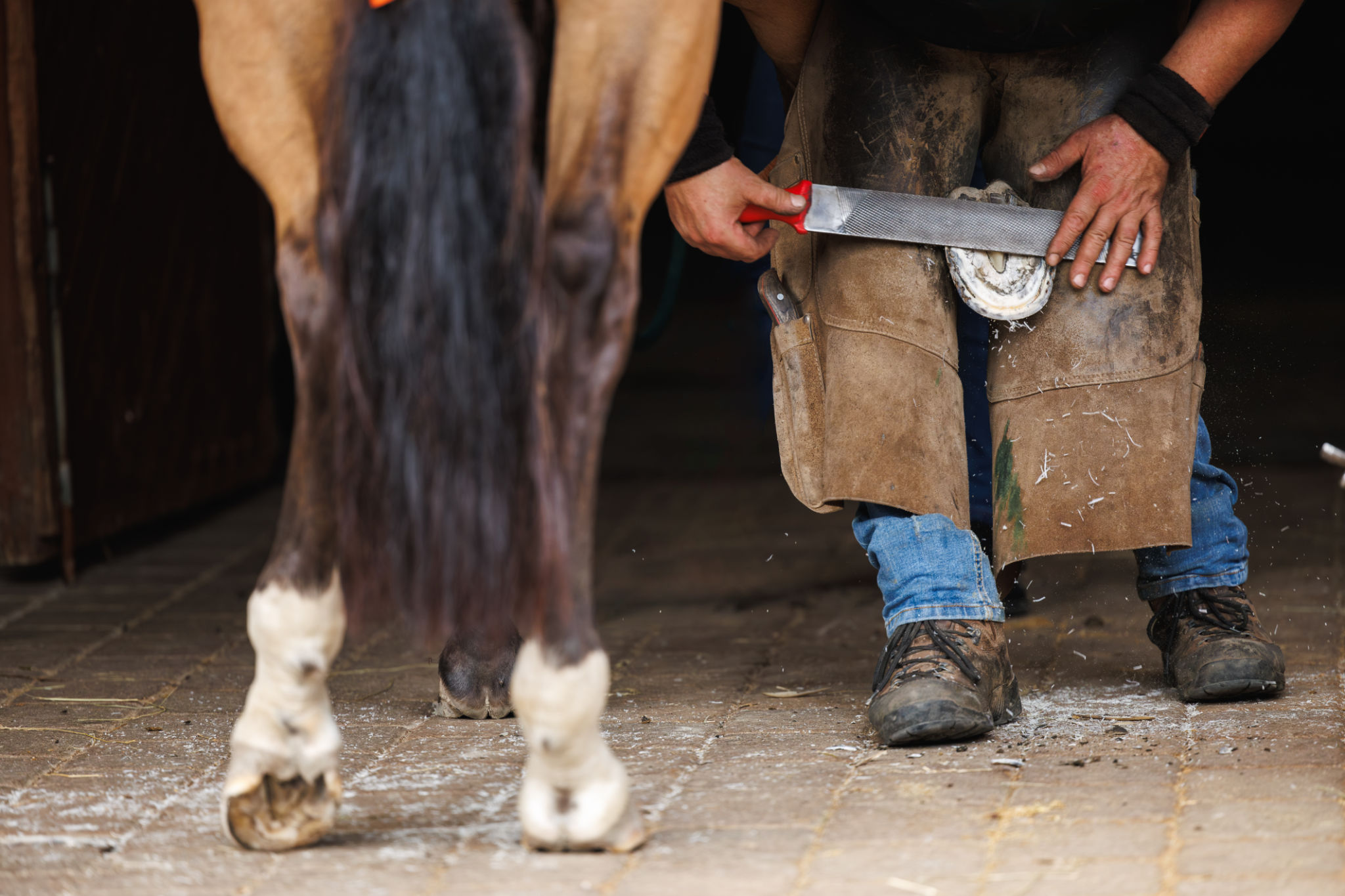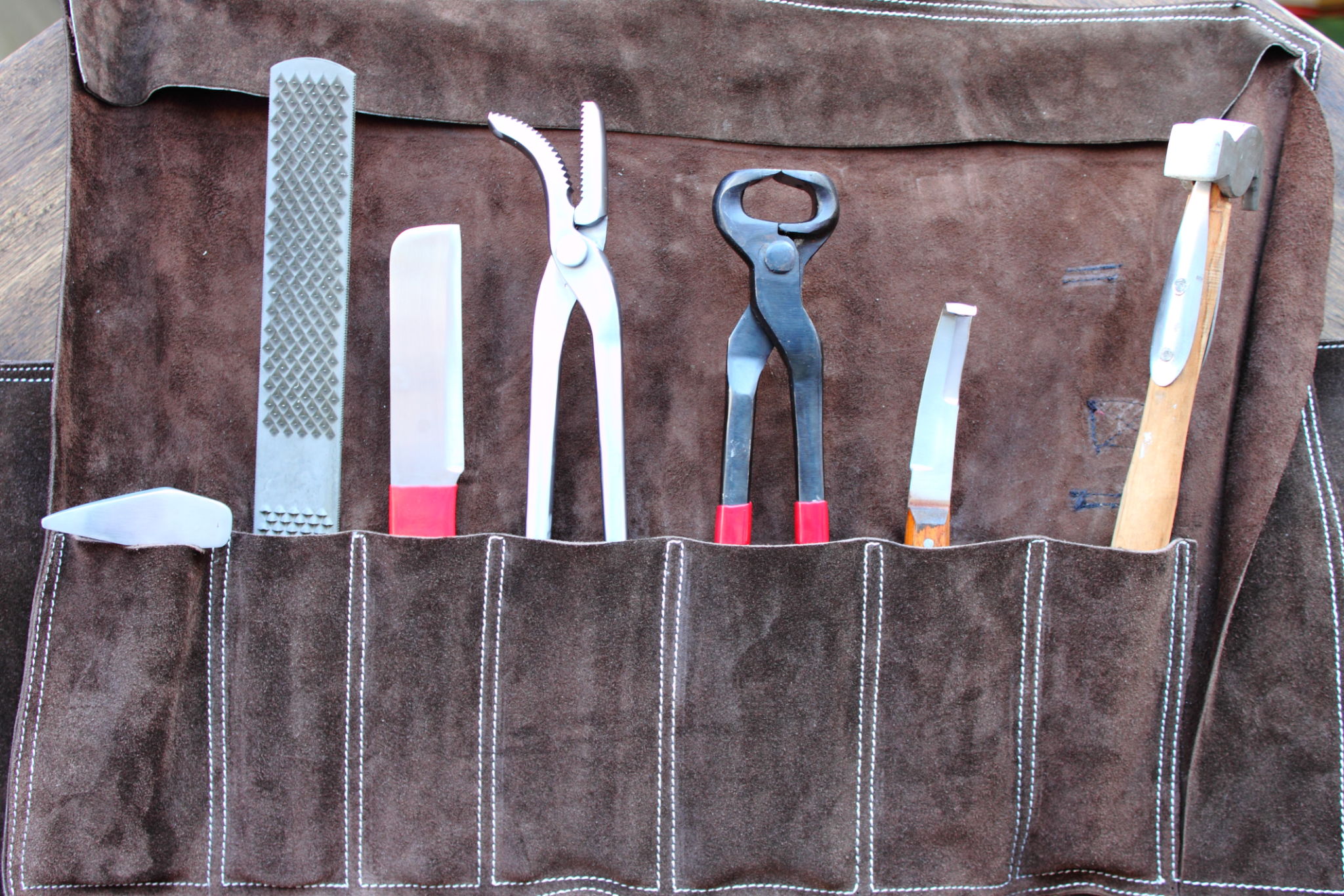How to Choose the Right Farrier: Top Qualities to Look For
Understanding the Role of a Farrier
Choosing the right farrier is crucial for maintaining your horse's hoof health and overall well-being. A skilled farrier not only trims and shoes horses but also plays an essential role in preventing and diagnosing hoof-related issues. Understanding the role of a farrier can help you make an informed decision when selecting one for your equine companion.

Experience and Qualifications
One of the first factors to consider when choosing a farrier is their experience and qualifications. An experienced farrier will have a deep understanding of hoof anatomy and the practical skills required to maintain it. Look for certifications or memberships in professional associations, as these can be a testament to their knowledge and commitment to ongoing education.
Attention to Detail
A great farrier pays close attention to detail. This involves not just focusing on the immediate task of trimming or shoeing but also observing the horse's overall gait and hoof condition. Attention to detail ensures that potential problems are spotted early, preventing more severe issues down the line.

Communication Skills
Effective communication is key when working with a farrier. They should be able to clearly explain their observations and recommendations regarding your horse's hoof care. Good communication also involves listening to your concerns and addressing any questions you might have.
Reputation and References
A farrier's reputation can give you valuable insights into their work quality. Seek recommendations from fellow horse owners, trainers, or veterinarians who have firsthand experience with the farrier. Reading reviews or asking for references can also provide reassurance of their reliability and professionalism.

Availability and Reliability
Consistency in hoof care is vital, so choosing a farrier who is both available and reliable should be a priority. Find out how often they will be able to visit and whether they offer emergency services if needed. Their schedule should align with your horse's hoof care needs.
Compatibility with Your Horse
Lastly, it's important to consider how well the farrier interacts with your horse. Horses can be sensitive to new people, so a farrier who is patient and has a calming presence can make all the difference. A good rapport will ensure that your horse remains comfortable and cooperative during visits.
By taking these qualities into account, you can find a farrier who will not only meet but exceed your horse's hoof care needs. Remember, investing time in choosing the right professional will pay dividends in your horse's long-term health and performance.